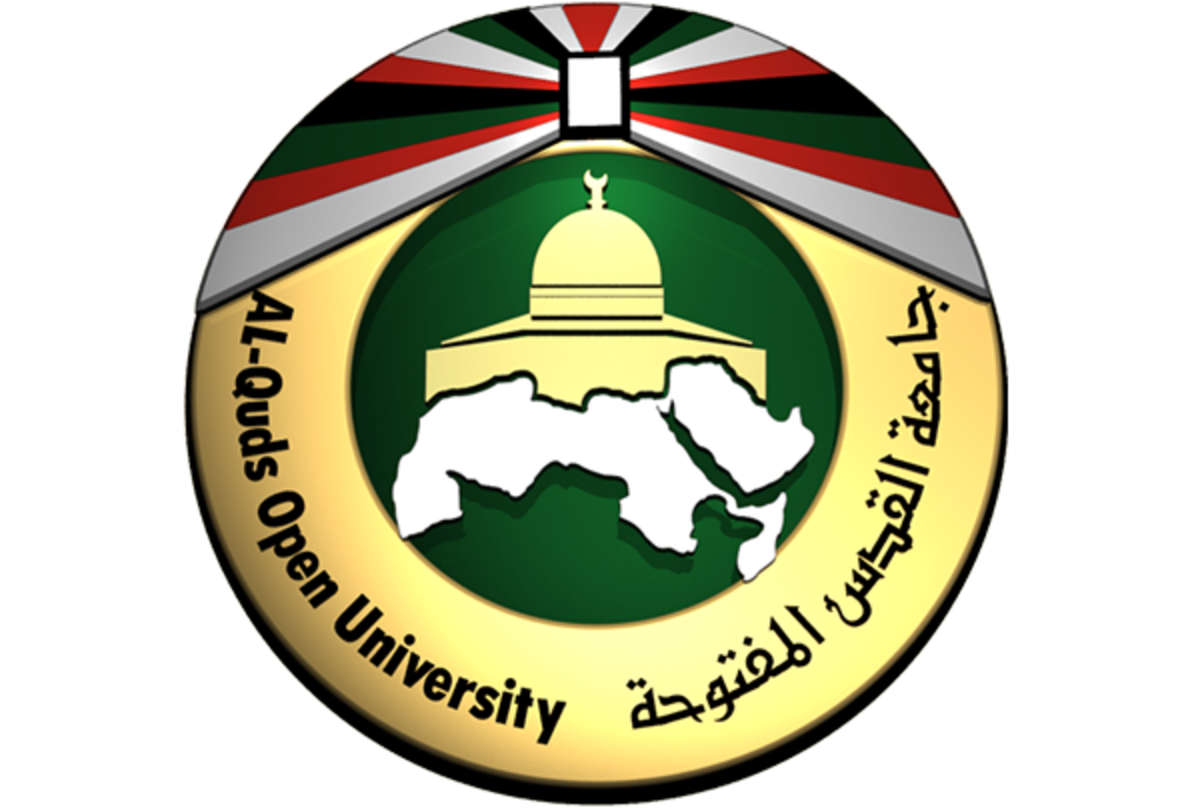Journal of Al-Quds Open University for Educational & Psychological Research & Studies

Abstract
The study aimed at identifying the role of the university educational programs in acquiring the teachers the professional competence in Accordance with the modern trends, in their view. The study used a descriptive approach, the study sample consisted of (486) teachers, applied a questionnaire consisting of (32) items educational characterized five areas: preparation and good planning, classroom management and implementation of the teaching, the use of methods and techniques, evaluation of students learning, and mastery of subject matter.The results revealed that the role of the university program in acquiring the teachers the professional competencies in accordance with the modern trends came with a relative present (67.4%), and the results of the study came in a descending order: the mastery of subject matter relative present (70.8%), then the efficiencies of good preparation and planning (69.4 %), efficiencies of classroom management and implementation of teaching (68.6%), efficiencies of using educational methods and techniques (67.6%), and in the final field efficiencies of evaluating student learning relative present (61.4%).The findings also revealed that there were no statistically significant differences at the level of significance (0.05≥ α) in the teachers 'view of the role of the university educational program instill in teachers' professional competence in accordance with the modern trends attributed to the sex variable and variable years of service, while the results showed no statistically significant differences due to the variable university teacher with excellent appreciation of the owners. The study made a number of recommendations and suggestions
Recommended Citation
Nassar, Anwar Shehada
(2018)
"The Role of the University educational programs in acquiring the Teachers the Professional Competencies In Accordance with the Modern Trends,"
Journal of Al-Quds Open University for Educational & Psychological Research & Studies: Vol. 7:
No.
21, Article 14.
Available at:
https://digitalcommons.aaru.edu.jo/jaqou_edpsych/vol7/iss21/14

